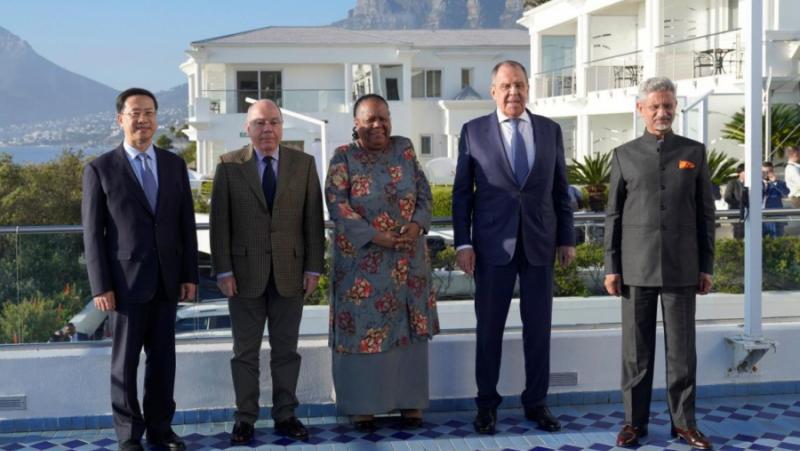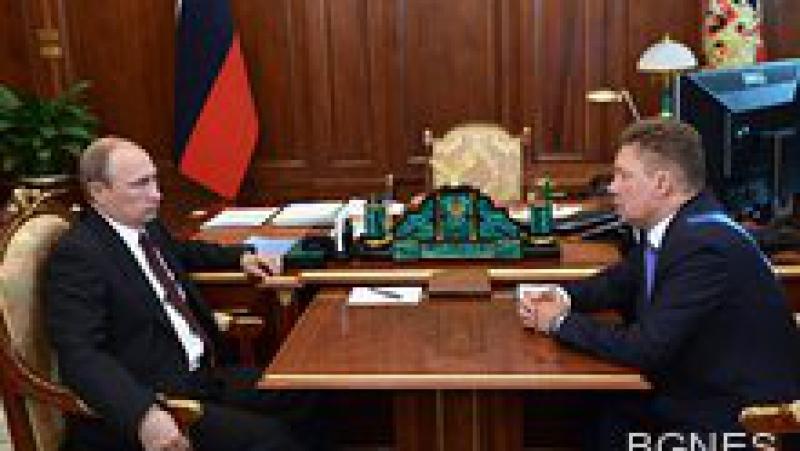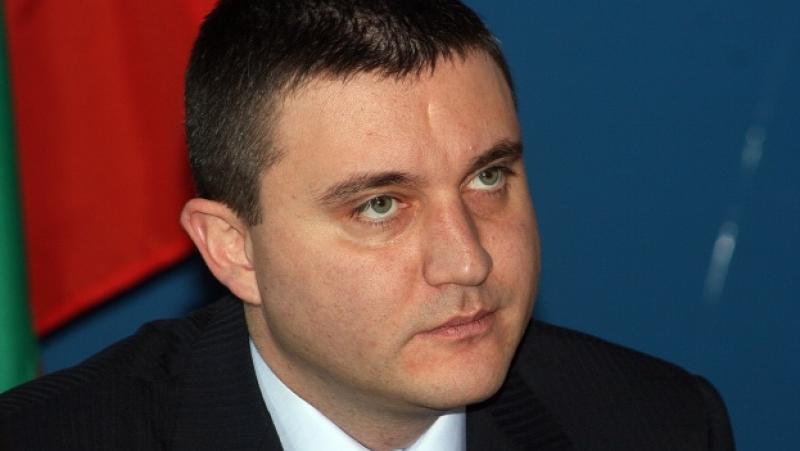/ world today news/ On June 1-2, a meeting of the BRICS member countries at the level of foreign ministers was held in Cape Town. From Russia, S.V. took part in it. Lavrov. Sergey Lavrov’s path to the Cape of Good Hope passed through Kenya, Burundi, and Mozambique. In all countries, the Russian minister held talks with his colleagues and was received at the highest level by heads of state and government.
Kenya deserves special attention. In Nairobi, S. Lavrov was received (as can be seen from the video – cordially emphasized) by the country’s president, William Samuel Ruto. During the talks, all issues of bilateral cooperation from energy to education were discussed. And the most interesting thing happened immediately after these negotiations: the president of Kenya announced that Africa should switch to trading in national currencies.
Recently, African heads of state have been at the center of the world media. Among the most striking events are the peace initiative of the president of South Africa and the leaders of five other countries on the continent regarding the situation in Ukraine and the sharp (and even daring) statements of a number of African presidents regarding Western leaders.
The mission to Russia and Ukraine of the President of the Republic of South Africa S. Ramaphosa and the leaders of Senegal and Congo will take place in June – we will leave its discussion after the first round of negotiations has passed. And look at the statements of the leaders of African countries worth saying now.
Thus, the President of Namibia publicly reprimanded the German ambassador for trying to tell Namibia who to be friends with. The President of the Democratic Republic of the Congo again demonstratively (during a joint press conference) did not spare his reproaches to the French President E. Macron.
Finally, the President of Kenya simply ridiculed the President of the United States for the empty US-Africa summit where African leaders were allowed to speak for three minutes, reducing the entire meeting to lunches and photos.
By the way, the Russia-Africa summit is taking place in a completely different way. So, the first summit in Sochi in 2019 was held in the format of general meetings, but there were also bilateral meetings (the president of the Russian Federation met with several dozen heads of state). Meetings were also held in the format of international organizations (EAEU – African Union), where the presence of all leaders was not only justified, but also necessary. The same will happen even on a larger scale at the second summit in July.
It is impossible not to notice that the process of mass submission of applications for inclusion in the BRICS began this year. Last year there was nothing like this. The peculiarity of this process is its mass character. A spokesman for the South African foreign ministry named 19 countries. Among them are Egypt, UAE, Bangladesh, Turkey, Saudi Arabia, Bahrain, Argentina, Uruguay, Nigeria, Algeria, Senegal, etc.
Also at the meeting in Cape Town, negotiations were held with the circle of countries from the so-called BRICS “friends”: Argentina, Bangladesh, Kazakhstan, Comoros, Cuba, Egypt, UAE, Gabon, Guinea-Bissau, Indonesia, Iran and the Democratic Republic of Congo.
At the meeting of the foreign ministers, the candidacies themselves were not discussed, but the criteria for accepting new members and the manner of this procedure. This suggests that the issue of admitting new members came as a surprise to existing BRICS members. The world has definitely caught the uniqueness of the moment. Perhaps for the first time in a century, the peoples enslaved by the West have an opportunity to escape from that slavery.
BRICS expansion is just one of the items on the agenda of the meeting in Cape Town. Common positions were formulated on issues ranging from climate change to artificial intelligence. And most importantly, the problems of the international financial system. Congratulations were paid to the IMF, whose central role in ensuring strong global financial security was, so to speak, reaffirmed, but at the same time the BRICS countries called for “continuing the process of reforming the IMF’s governance system as part of the 16th General Quota Review, including the development of a new quota allocation formula.”
The aim is to finish this process fairly quickly, by 15 December 2023. In addition, the ministers stated the need to “promoting the use of local currencies in international trade and financial transactions” not only between the BRICS countries, but also with their trading partners. This is perhaps the most important thing in the joint statement of the BRICS foreign ministers.
The upcoming summits in July and August are causing a violent anti-Russian reaction in the West and in South Africa itself. But why in South Africa? The answer is simple: economic power in the republic does not belong to the government, but to transnational monopoly capital.
The history of South Africa has a significant specificity: it is not by chance that South African colonialism is called “colonialism of a particular type”. Colonialism for South Africa was not external, but external-internal: the colonizers constantly lived on the territory of this country, although they were always representatives of external powers.
Forced to abandon apartheid and devolve political power in 1992-1993, these forces were able to retain economic power, and it is guarded by control of the judiciary (more on the critical importance of this circumstance below).
Also, in South Africa, all the media is opposition. The government does not have a single newspaper and a single television! Hence the power of the propaganda of the local opposition: it completely controls the media space! The latest example of how the true masters of the South African economy operate is unprecedented.
The Central Bank of South Africa (officially known as the Reserve Bank of South Africa) has publicly “warned” the country’s citizens of the severe consequences (including sanctions) that will arise from the government’s stance on Russia.
Also, on March 30, the main opposition party, the Democratic Alliance (DA), filed a case in the High Court. The essence of the claim is to obtain a court order for the arrest of the head of the Russian state when he arrives in the country.
Their idea is this: it’s one thing if the South African government doesn’t comply with an International Criminal Court order, it’s happened before. It’s another thing to disobey a local court order. It is now the basis for political attacks, calls for impeachment and even the overthrow of the government.
Criminal prosecution of high-ranking officials of RYA is also not excluded. In the claim, the names of these persons are indicated quite clearly: from the president to the ministers of foreign affairs and justice. The “Russian question” in South Africa flares up with new force…
If the expansion of BRICS membership itself is an issue at the summit in August, then the expansion of the main institution of the association BRICS Bank (whose former president of Brazil D. Rousseff has just been appointed as its head) has already begun in Cape Town.
The new members are Egypt, United Arab Emirates and Bangladesh. Two more countries are in the process of joining: Saudi Arabia and Uruguay. Let’s pay attention to the fact that BRICS Bank is its popular name, officially the institution is called the New Development Bank.
This is what scares the West the most. After all, the financial weapons of the West are not aimed at development, but at preventing it or destroying the economies of other countries. As of May 2023, the New Development Bank has lent 96 infrastructure projects in BRICS countries with a total value of $33 billion. Unfortunately, for now in dollars.
However, there is no doubt that the hysteria surrounding the “ICC arrest warrant” for the Russian head of state is precisely related to the item on the agenda of the August summit – not only the promotion of trade in the national currencies of the BRICS countries, but also a discussion of the creation of BRICS’ own currency.
If we take into account the Latin American, Asian and now African (statement of the President of Kenya on May 30) initiatives to switch to national currencies in mutual trade, we can conclude that BRICS is becoming the main front of international relations…
Translation: ES
Subscribe to our YouTube channel:
and for the channel in Telegram:
#BRICS #Africa #Russia #Russian #question #South #Africa #flares #vigor


